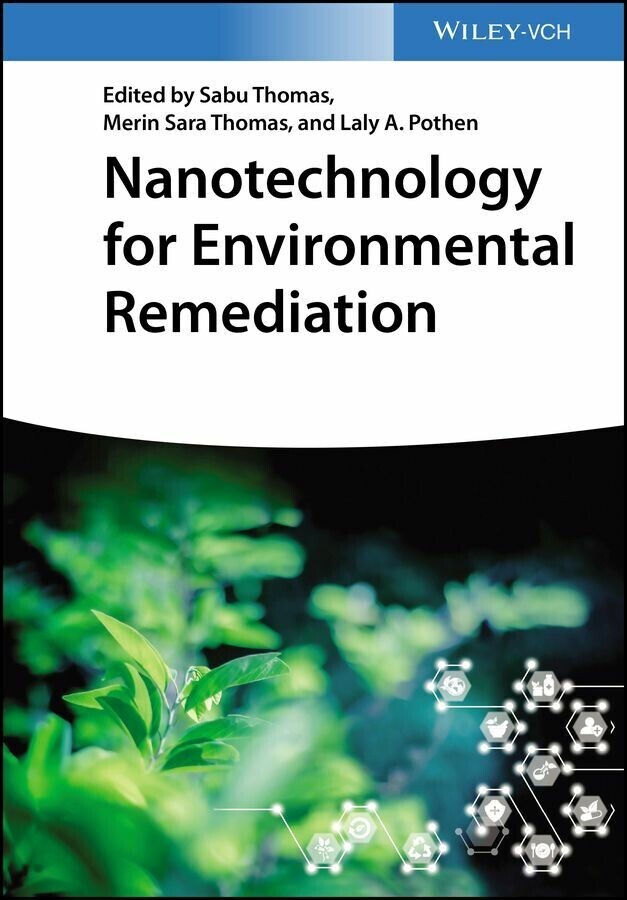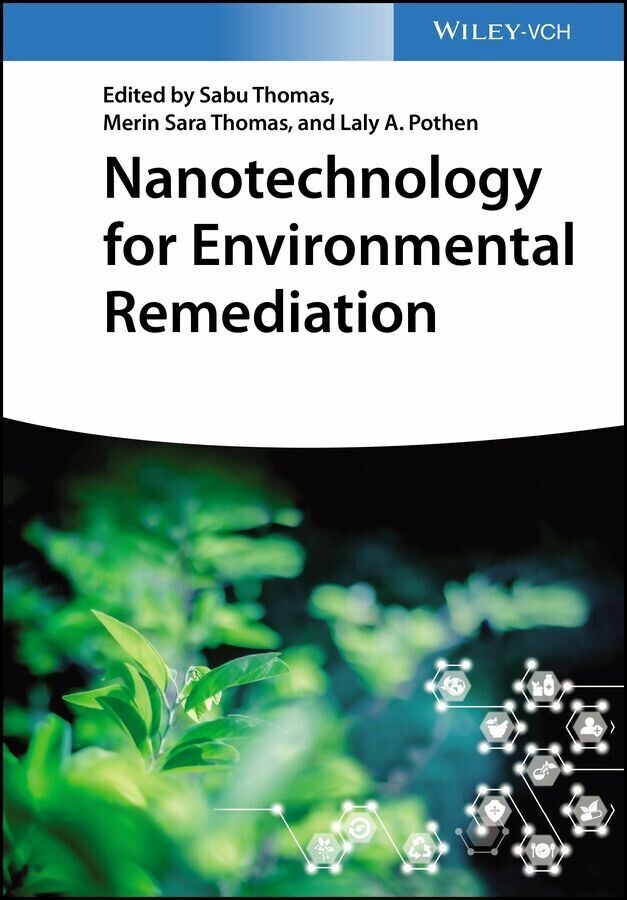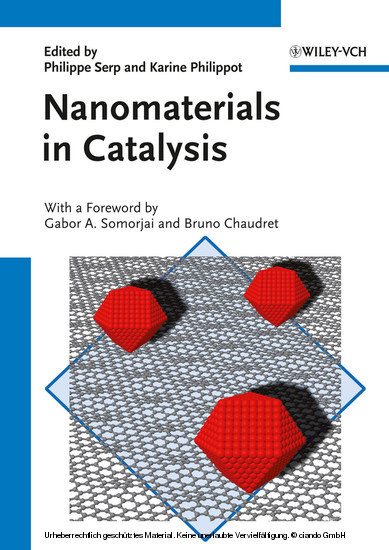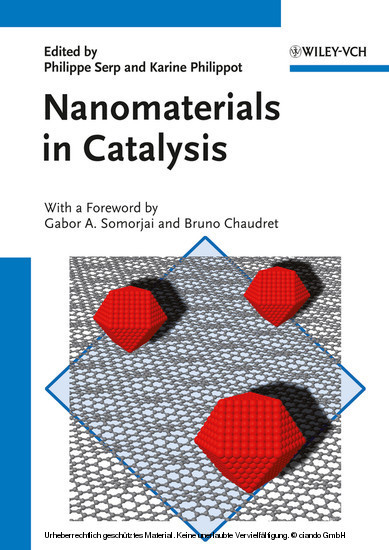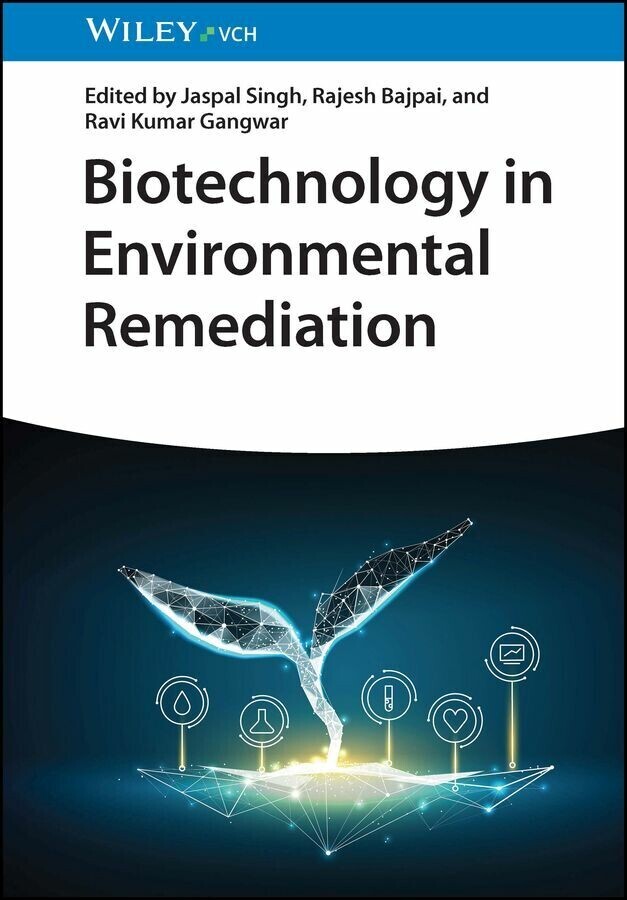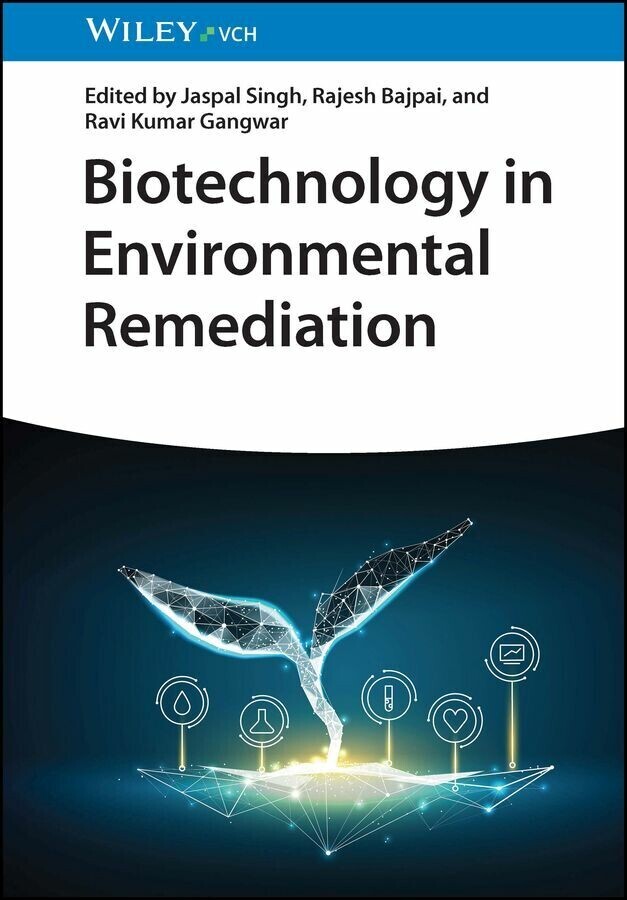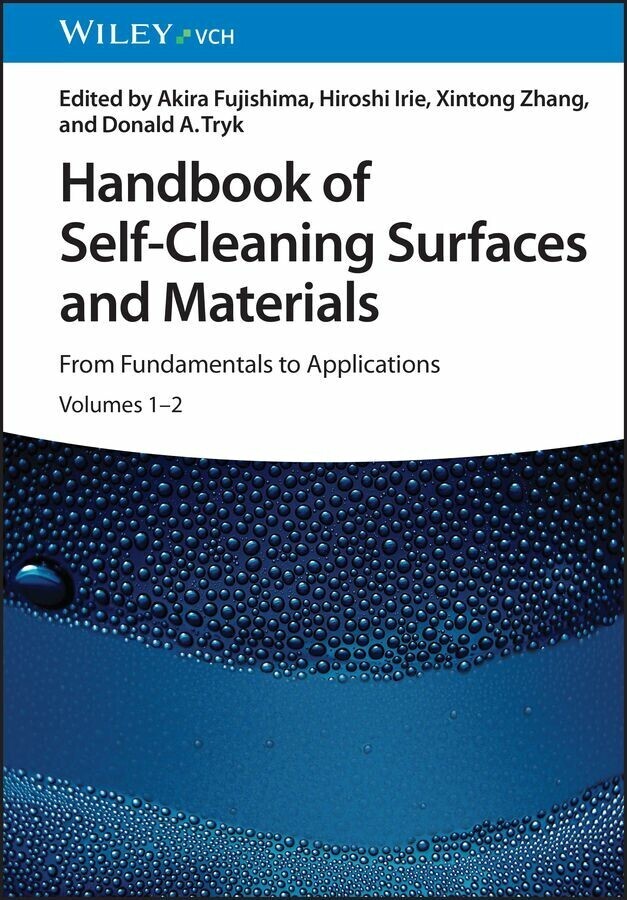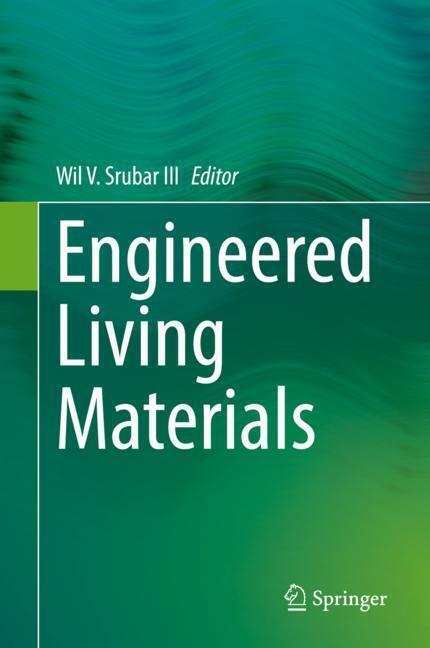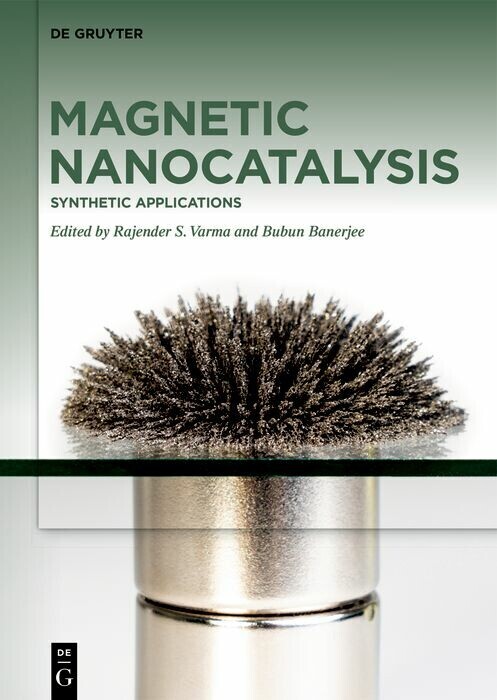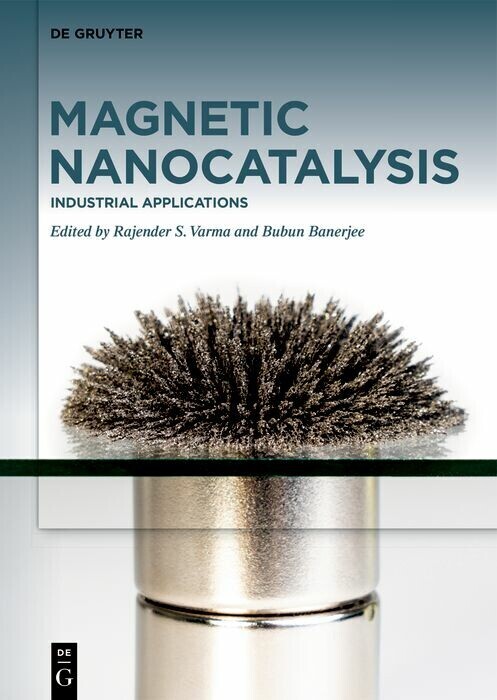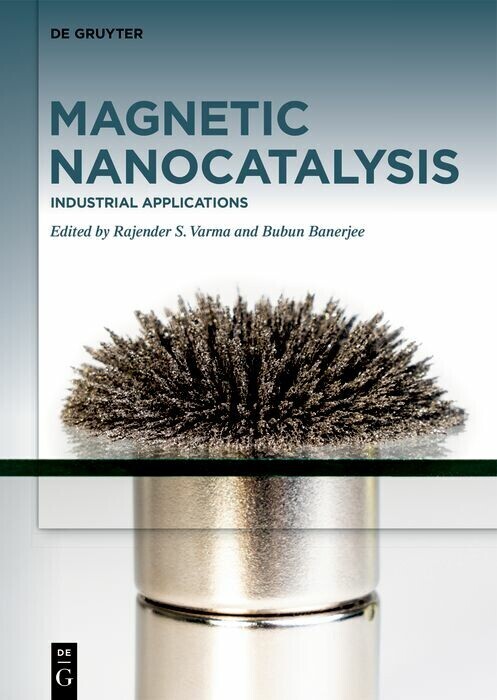Nanotechnology for Environmental Remediation
Comprehensive resource on using nanomaterials to alleviate environmental pollution
Contaminated land, soil and water pose a threat to the environment and health. These sites require immediate action in terms of assessing pollution and new remediation strategies. Nanotechnology for Environmental Remediation helps readers understand the potential of nanotechnology in resolving the growing problem of environmental contamination.
The specific aim of this book is to provide comprehensive information relating to the progress in the development of functional nanomaterials and nanocomposites which are used for the environmental remediation of a variety of contaminants. The work deals with the different aspects of nanotechnology in water, air and soil contamination and presents the recent advances with a focus on remediation. Core topics discussed in the work include:
- Nanotechnology that can be used to engineer and tailor particles for specific environmental remediation applications
- A big-picture conceptual understanding of environmental remediation methods for researchers, environmentalists and professionals involved in assessing and developing new nano-based strategies
- A detailed approach towards the different remediation procedures by various nanomaterials such as metal nanoparticles, polymeric nanoparticles, carbon nanotubes, and dendrimers
- The societal impact that nanotechnology has on the environment
Chemists and biotechnologists can use Nanotechnology for Environmental Remediation as a comprehensive reference work for thoroughly understanding this new type of technology and why it is so important when considering environmental remediation efforts. Due to the practical application of nanotechnologies, environmental organizations and agencies can also both utilize the work to explore new and more effective ways of doing things, both now and into the future as nanotechnology becomes more common.
Sabu Thomas is Vice Chancellor of Mahatma Gandhi University and the Founder Director and Professor of the International and Interuniversity Centre for Nanoscience and Nanotechnology.
Merin Sara Thomas is an Assistant Professor at Department of Chemistry, Mar Thoma College, Tiruvalla, Kerala, India. Her research interest is in the field of chitosan based bionanocomposites. She has written 3 book chapters and one book in the field of biopolymers.
Laly A. Pothen is the former Head of Chemistry of Bishop Moore College, Mavelikara, Kerala, and is actively involved in biopolymer and nano research.
Thomas, Sabu
Thomas, Merin Sara
Pothen, Laly A
| ISBN | 9783527834150 |
|---|---|
| Artikelnummer | 9783527834150 |
| Medientyp | E-Book - ePUB |
| Copyrightjahr | 2022 |
| Verlag | Wiley-VCH |
| Umfang | 464 Seiten |
| Sprache | Englisch |
| Kopierschutz | Adobe DRM |

